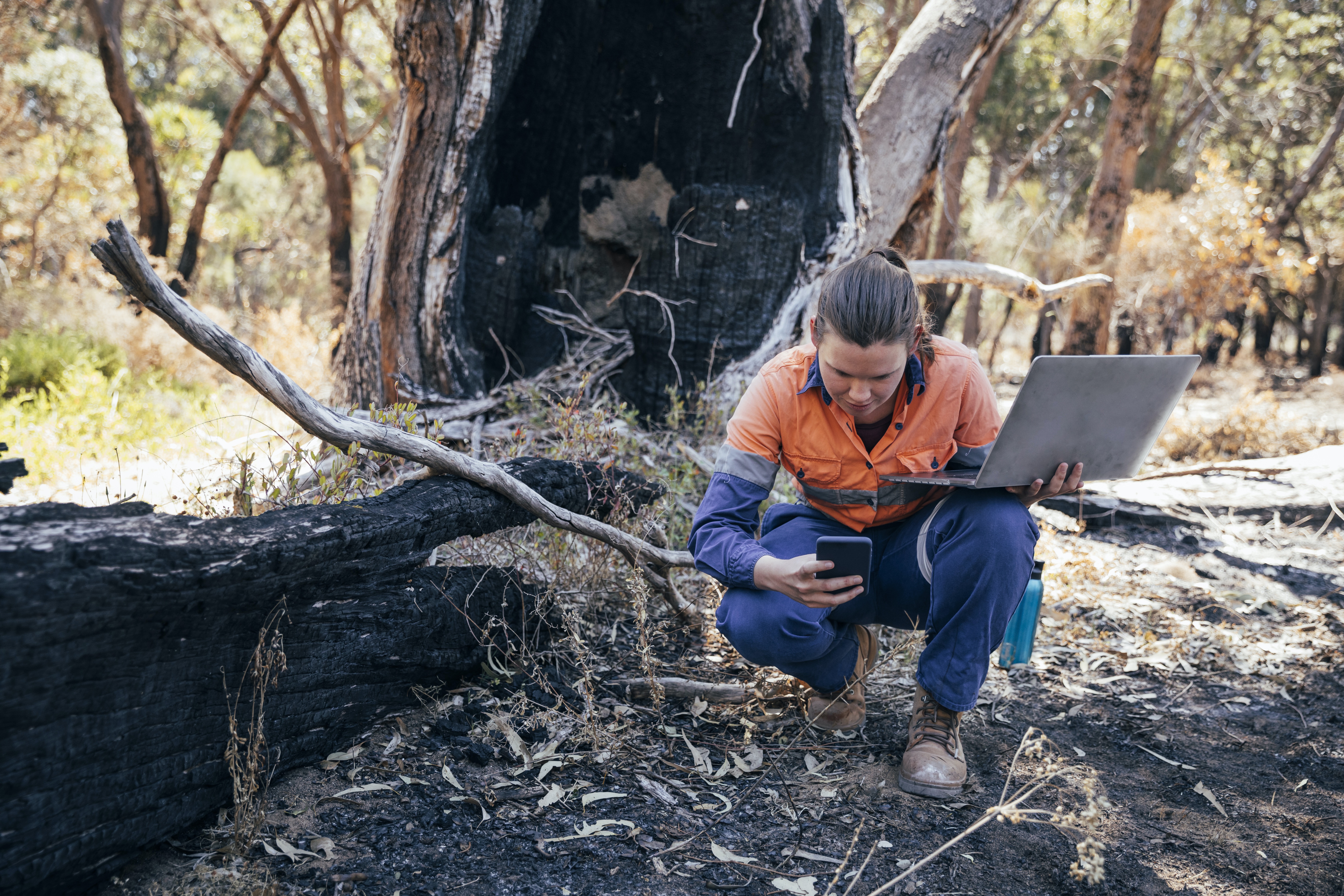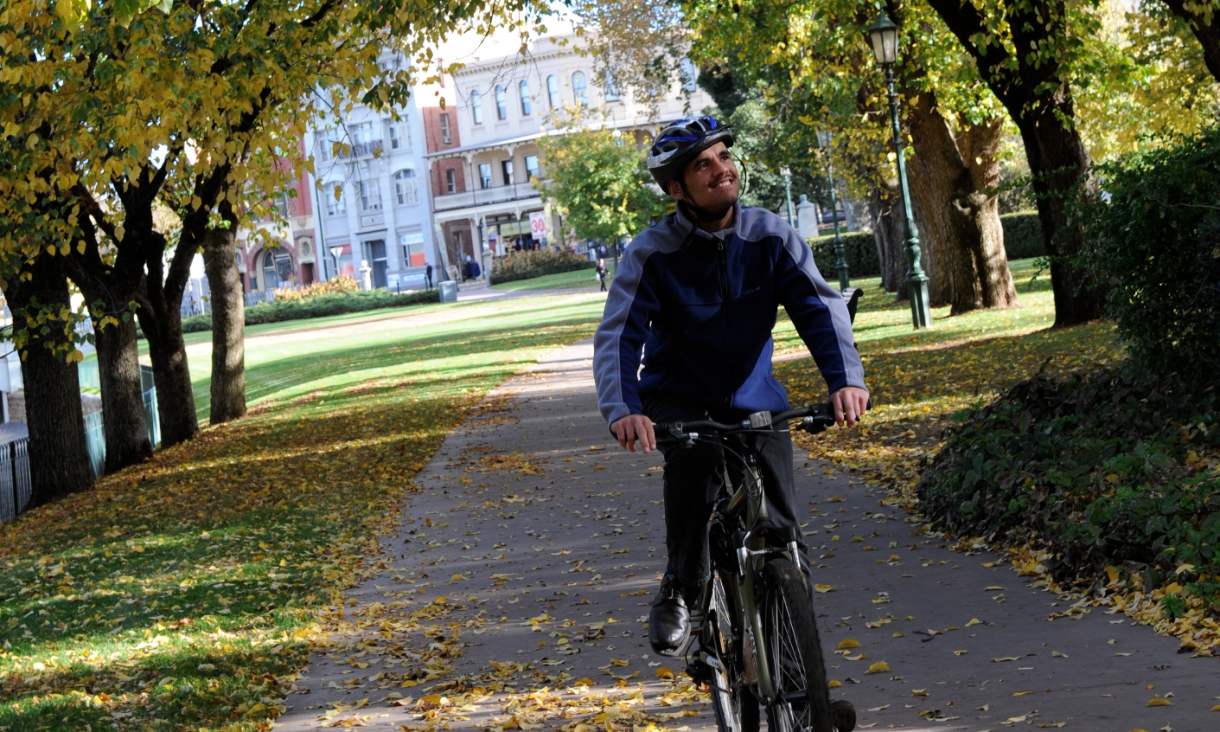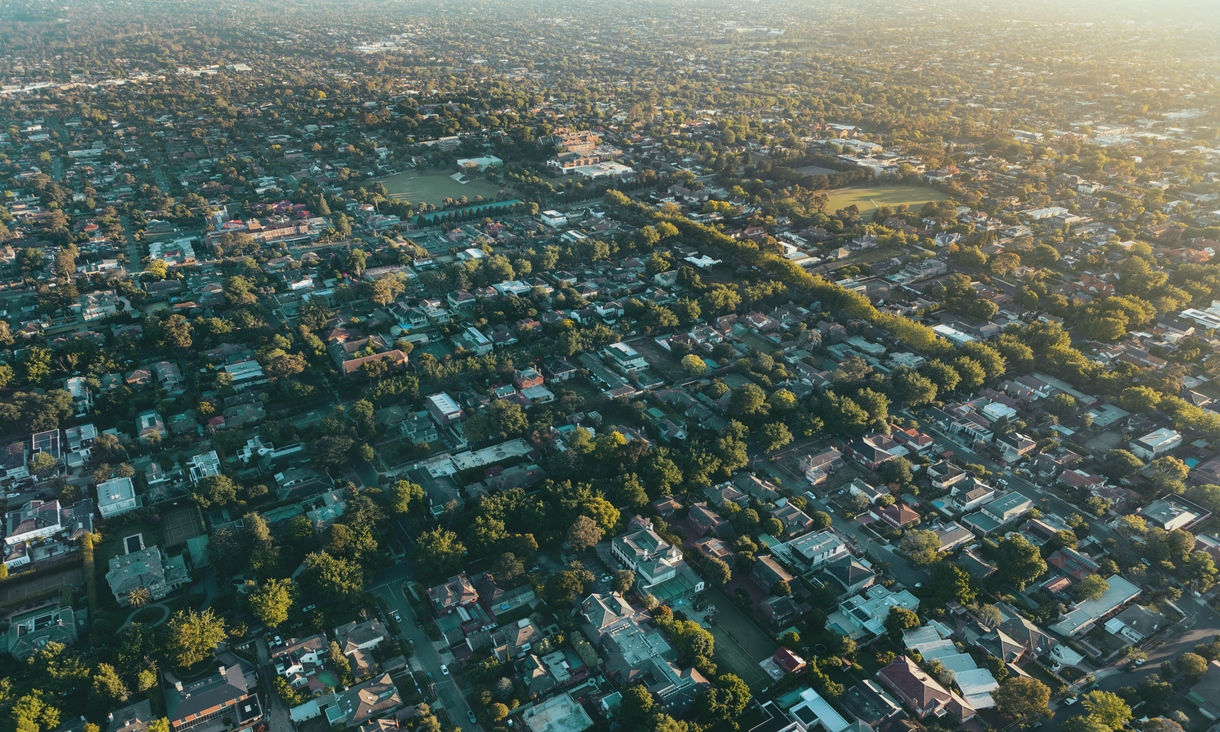Loss of life, devastated landscapes, disrupted services, ruined belongings, insurance costs and mental health distress are the most recognisable impacts of climate change.
What often isn’t obvious is how extreme weather events caused by climate change such as the recent bushfires, hailstorms and floods have costly repercussions on the production of research and its community.
A new paper by RMIT and University of Queensland researchers published today in Nature Climate Change identifies climate change as an escalating threat to how universities produce research, urging all institutions to start putting together climate risk plans that address the issue.
Lead author Associate Professor Lauren Rickards from the RMIT Centre for Urban Research said although academics have analysed the climate change preparedness of almost every sector, ironically, this does not include the research sector.
“Often researchers are more accustomed to commenting on climate change than adapting their work to it,” she said.
“In the research sector, very little is known when it comes to how climate change will impact how we do research in the future.
“Apart from the physical assets needed to do research such as buildings and equipment, research processes and practices - not to mention the many human groups and other organisms involved in research - are at risk from climate change.”
The recent bushfires have been a brutal wake up call to the fact that research field sites and universities are as vulnerable to fires and smoke as any other location or sector, says Rickards.
“Ecological field work is one of the most exposed and sensitive of any human activity to climatic and biophysical disruption,” she said.
“Even field work designed to study exactly such events can find vital data streams, research projects and intellectual agendas disrupted.
“Interruptions like this are especially consequential for groups unable to pivot their work to studying bushfire recovery or find alternative sites.
“They are especially consequential for people on time-sensitive work contracts or scholarships, with inflexible or limited budgets, or without the time or means to re-establish studies.”
Climate-related research disruption
Even research seemingly safely tucked away inside buildings can find itself suddenly disrupted by climate-related events,
“The catastrophic hailstorm on January 20 this year in Canberra added to the logistical issues that research institutions were already facing in the wake of the bushfires by severely damaging the cars many individuals rely on to get to work,” Rickards said.
“More importantly, the hailstorms severely affected research at Australia’s Commonwealth Scientific and Industrial Research Organisation (CSIRO) by damaging three greenhouses and destroying years of experiments, many on crop sustainability and resilience.
“According to CSIRO’s Chief Operations Officer, most of those projects will be totally lost, with the remainder taking years to recover.”
And it is not just extreme events that are hampering research, warns co-author Professor James Watson from the University of Queensland, as long-term climate changes leading to hotter conditions are starting to impede research progress.
“One of the great conservation triumphs in Australia in the last two decades was the rediscovery of the Night Parrot, a bird lost to science for 100 years and now considered critically endangered,” he said.
“Research efforts are underway to assess what is needed to save this species, but the necessary field work is now limited to cooler parts of the year as it is simply too hot to work in the field in other months.
“The absence of monitoring in summer leaves a critical knowledge gap as this is when the species sometimes breeds.
“And on the other side of the world, research in the Arctic is also being affected directly by warming, with the melting of permafrost leading to some scientific equipment being literally swallowed up by the land, and mobile sea ice making some expeditions too dangerous.
“For example, thawing permafrost is also one of the climate change-related threats to archaeological sites.”
As climate change impacts on the research sector become more evident, there is a pressing need for higher education institutions and their peak bodies to make progress in adaptation on multiple fronts, argue the authors.
“This includes integrating climate risk into research,” Rickards said.
“Overcoming the presumption that research is not just relatively innocent but largely immune when it comes to climate change would be an adaptation of benefit to all of society.”
The paper, ‘Research is not immune to climate change’ is published in Nature Climate Change (DOI: 10.1038/s41558-020-0715-2).
For general media enquiries please contact RMIT: 0439 704 077 or news@rmit.edu.au




